
Valentine’s Day isn’t about flowers and chocolates for researchers from the Florida Atlantic University (FAU), instead, they’ve been doing some hard thinking about the business-end of the courtship process – evolution and its effects on human sexual reproduction.
In sexual reproduction, natural selection is generally thought of as something that happens prior to the, er, big event. For example, one theory suggests that we are drawn to physical features in a prospective partner that indicate he or she is healthy, and will give our genes a fighting chance of continuing the family line.
But a new article in Current Directions in Psychological Science suggests that the human male has evolved much more devious mechanisms to pass on his genes. FAU researchers, Todd Shackelford and Aaron Goetz, describe this as “the inevitable consequence of males competing for fertilizations.”
Evidence for human sperm competition is not hard to find, say the researchers, noting that the more time men spend away from their partners (time that their partners could have spent with other males), the greater the number of sperm they ejaculate upon their next copulation. A case, perhaps, of absence not just making the heart grow fonder, but also making the ejaculate grow stronger.
The researchers cite another – somewhat more offbeat – study, which found that artificial phalluses constructed to resemble the structure and function of the human penis actuallyremoved an ejaculate-like substance from an artificial vagina. They speculate that the human penis has attained its shape so it can; “act as an anatomical squeegee to remove an interloper’s calling card.”
And the style of copulation cops a mention as well. Shackelford and Goetz reckon sexual behaviors such as deep copulatory thrusting may also help remove rival sperm. They add that sexual partners report that men thrust more deeply and quickly into the vagina if allegations of infidelity have been made.
Suspicions of infidelity after separation may also help to explain the increasingly lustful feelings human males develop after long periods of time apart from their mate. That is, the human male may want to copulate as soon as possible as insurance against dalliances that may have occurred in his absence.
The researchers believe that they have just scratched the surface and that many more human sexual behaviors have their roots in “survival of the fittest.” They compare sexual adaptation to the Cold War: “Sexual conflict between males and females,” they say, “produces a co-evolutionary arms race between the sexes,” in which an advantage gained by one gender leads to counter-adaptations in the other. They speculate that research may move beyond male adaptations to see if females have developed biological or behavioral mechanisms to increase retention of sperm from men with the most favorable genes.
Related articles:
Sexual Success And The Schizoid Factor
Balls vs Brains In Batty Battle For Evolutionary Success
Females Get Into Sexual Selection Game
Good Genes Are In The Eye Of The Beholder

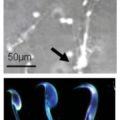
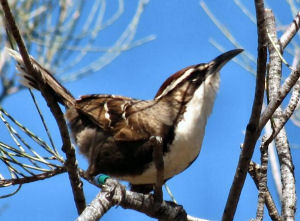



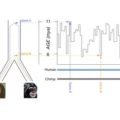

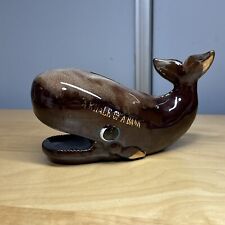
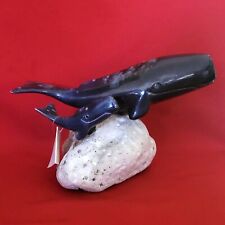



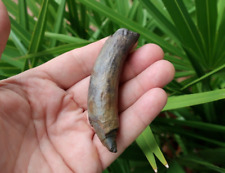
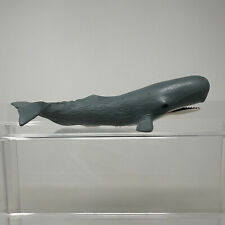
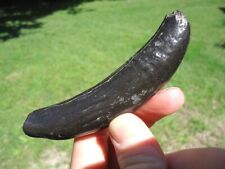
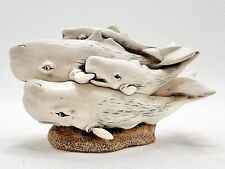
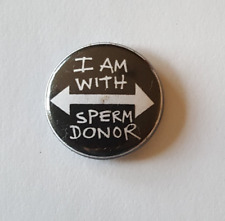
Comments are closed.